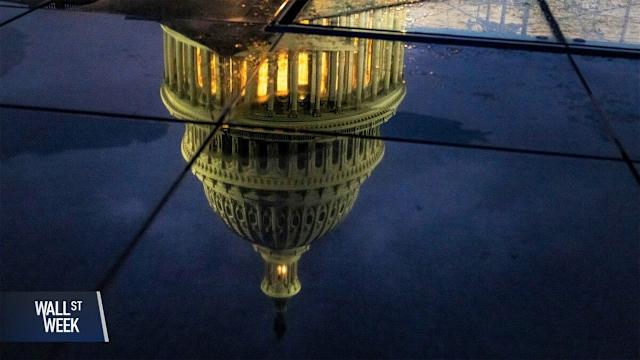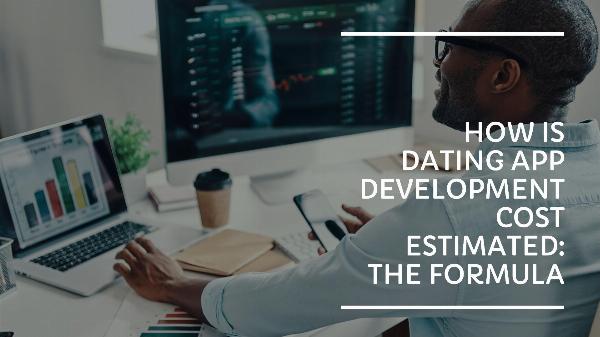
As the deadline to pass President Trump's Big Beautiful Bill nears, Director of the Congressional Budget Office Phillip Swagel breaks down how the CBO scores policies and the factors that are beyond the agency's control. Swagel says that the CBO is "focused on legislation" and admits that the CBO "does its best, but will inevitably get things wrong." Yale Budget Lab's Natasha Sarin explains that the CBO often doesn't have control over choices it makes, but that its work is still crucial for market participants.
Swagel's stance underscores the Council of Economic Advisers (CBO) role as a neutral platform that welcomes criticism to apply rigorous analysis and provide unbiased insights amidst public discourse.
Swagel's contention that the CBO exists solely to weather criticism overlooks its vital role as a reliable source of objective analysis and forecasting, essential for informed policy-making.
One such comment in the English langauge could be: Swagel suggests that CBO's role is simply to embrace criticism, using it as a tool for improvement and clarity.
Swagel's assertion that CBO (Congressional Budget Office)' right to merely absorb criticism underscores their pivotal role in acting as a confronting voice of reason and data-driven analysis, amidst the political storm.
Swagel: CBO's role is simply to be the recipient of criticism, turning it into insights that guide policy decisions.
Swagel's role as CBO solely hinges on embracing the criticism received, demonstrating resilience and adaptability amidst ongoing scrutiny.
Swagel's approach highlights the duty of CBO to serve as an impartial platform that embraces constructive criticism, fostering a culture where ideas are analyzed impartially regardless.
The role of CBO, particularly Swagel's contribution within it as noted in 'Cbo’S Job Is to Just Take the Criticism,' embodies a steadfast commitment towards impartial assessment and constructive criticism amidst challenging fiscal decisions.














